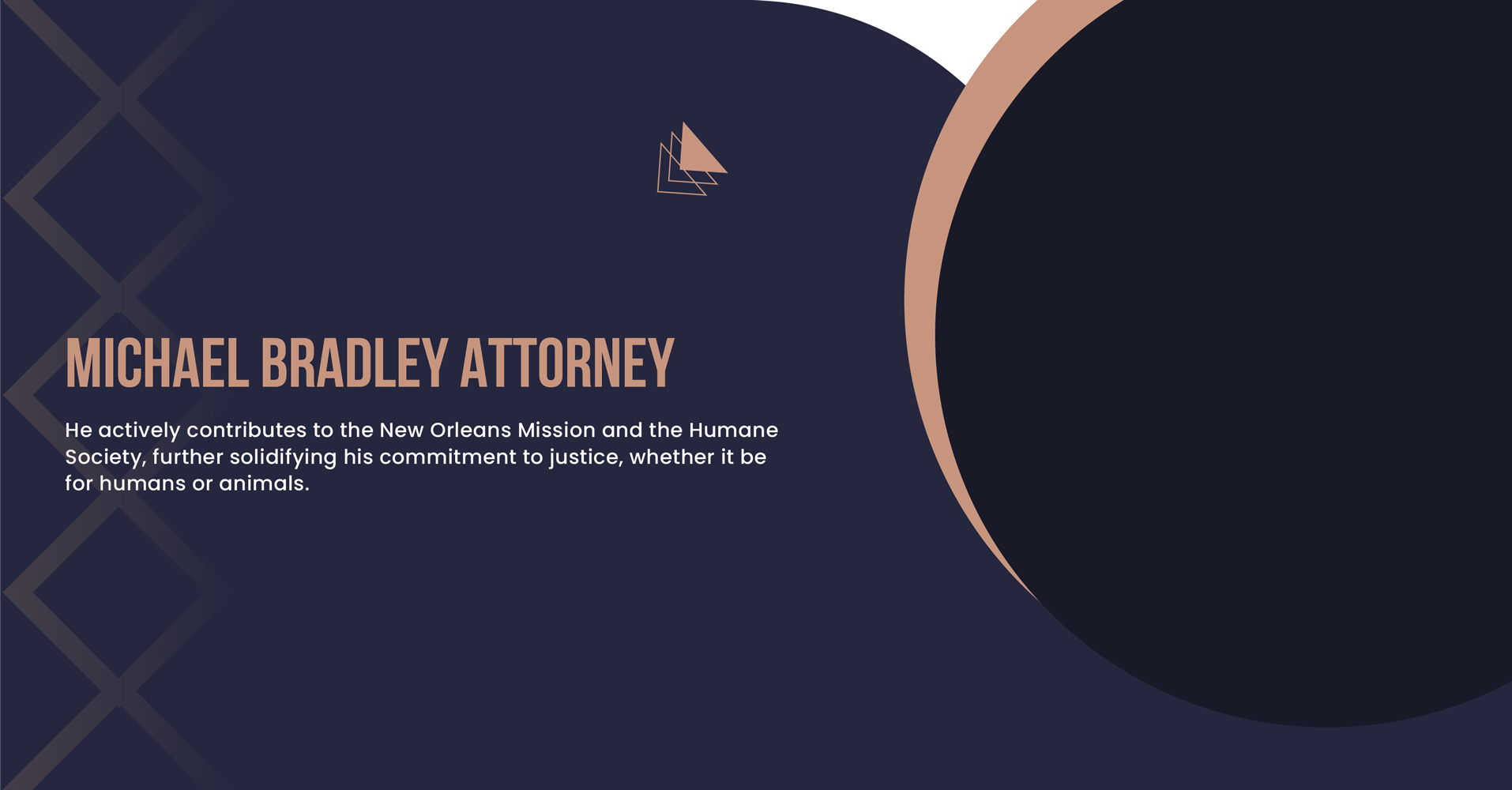
In the wake of a personal injury, victims often find themselves grappling with more than just physical pain. The emotional and financial aftermath can be overwhelming, leaving many unsure of where to turn for help. Legal recourse provides a pathway for victims to seek justice and compensation, but navigating this complex landscape can be daunting. This article explores the various legal avenues available to personal injury victims, offering insights into how they can assert their rights and potentially secure the compensation they deserve.
Understanding Personal Injury Law
Personal injury law is designed to protect individuals who have been injured due to the negligence or wrongful actions of another party. This area of law covers a wide range of incidents, including automobile accidents, slip and fall incidents, medical malpractice, and workplace injuries, among others. The core premise of personal injury law is based on the concept of negligence, which requires proving that the defendant owed a duty of care to the plaintiff, breached that duty, and caused harm as a result.
The Role of Negligence in Personal Injury Cases
Negligence is the cornerstone of most personal injury cases. It involves four key elements that the plaintiff must establish:
- Duty of Care: The defendant had a legal responsibility to act in a certain way toward the plaintiff.
- Breach of Duty: The defendant failed to meet that responsibility.
- Causation: The defendant’s action or inaction caused the injury.
- Damages: The plaintiff suffered actual harm or losses as a result of the injury.
Establishing these elements requires a meticulous presentation of evidence, including eyewitness testimony, expert opinions, and documentation of injuries and related expenses.
The Importance of Immediate Steps After an Injury
The actions taken immediately after an injury can significantly impact the outcome of a legal claim. Victims should prioritize:
- Seeking Medical Attention: Immediate medical treatment not only supports health recovery but also provides medical records that serve as crucial evidence.
- Documenting the Incident and Injuries: Photographs, videos, and detailed notes about the incident and subsequent injuries can prove invaluable.
- Reporting the Incident: Whether it’s a car accident or an injury at work, reporting the incident to the relevant authorities or management is essential.
- Consulting a Personal Injury Attorney: An experienced attorney can offer strategic advice and handle negotiations with insurance companies and defendants.
Choosing the Right Personal Injury Attorney
Selecting an attorney is a critical step in the journey toward compensation. Prospective clients should consider:
- Experience: Look for an attorney with a track record of handling similar cases.
- Expertise: Attorneys specializing in personal injury law are likely to have a deeper understanding of the relevant laws and procedures.
- Client Reviews and Testimonials: Feedback from past clients can provide insights into an attorney’s effectiveness and client service.
- Communication: Choose an attorney who communicates clearly and regularly updates you on your case status.
Compensation in Personal Injury Cases
Compensation in personal injury cases, often referred to as “damages,” can cover:
- Medical Expenses: From emergency care to rehabilitation and future medical treatments.
- Lost Wages: Compensation for the income lost due to the inability to work.
- Pain and Suffering: This covers physical discomfort and emotional distress.
- Punitive Damages: In cases of egregious negligence, punitive damages may be awarded to punish the wrongdoer and deter similar actions in the future.
The Legal Process: From Claim to Courtroom
Navigating a personal injury claim involves several stages, including:
- Initial Consultation: Discussing the case with an attorney to understand its viability.
- Investigation: Gathering and analyzing evidence to build a strong case.
- Filing a Lawsuit: If a settlement cannot be reached, the case may go to trial.
- Discovery: Both parties exchange information and gather further evidence.
- Mediation and Negotiation: Before a trial, there is often an attempt to settle the case through negotiation.
- Trial: If mediation fails, the case will be decided in court.
Challenges and Considerations in Personal Injury Claims
Personal injury cases can be fraught with challenges, including:
- Statute of Limitations: Each state has different deadlines for filing personal injury claims.
- Dealing with Insurance Companies: Insurance adjusters often attempt to minimize payouts.
- Quantifying Non-Economic Damages: It can be difficult to place a monetary value on pain and suffering.
For victims of personal injury, the journey through the legal system is rarely easy, but it is a necessary path for those seeking justice and compensation. Understanding personal injury law, taking immediate steps after an injury, and choosing the right attorney are crucial elements that can significantly influence the outcome of a case. With the right guidance and determination, personal injury victims can navigate this challenging landscape and move toward recovery and restitution.